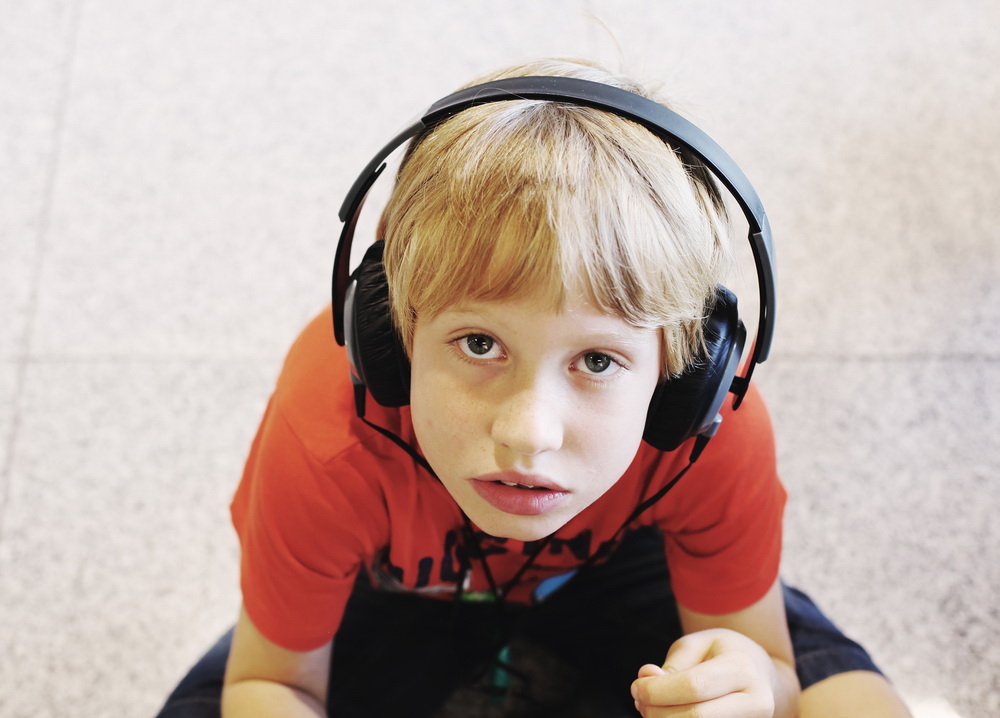 As the head of innovation & regulatory compliance at OmniServ, the UK’s biggest provider of assistance to disabled passengers, Samantha Saunders is well positioned to comment on why we all benefit from the adaptation of our surroundings and working practices to help people with autism.
As the head of innovation & regulatory compliance at OmniServ, the UK’s biggest provider of assistance to disabled passengers, Samantha Saunders is well positioned to comment on why we all benefit from the adaptation of our surroundings and working practices to help people with autism.
Here, Saunders opens up about her own personal experiences and why we should increase our support and understanding of children with autism. in an airport environment.

Samantha Saunders (SS): I recently came across an example of an airport operator going out of its way to welcome autistic children to the world of flying. Their ‘Flying With Autism’ campaign gave 60 children with autism the chance to experience all the regular airport procedures, board a plane and taxi to the runway, before returning to the gate. Airport lighting was changed to predominantly blue, to reflect the global ‘Light It Up Blue’ autism awareness campaign.
The point was to give a group of autistic children the opportunity to familiarise themselves with the noise, lights and bustle that surrounds the flying experience.
In the height of the school holidays, I suspect there are plenty of parents around the world who’d like to see the airports and airlines they use become a bit more autism-friendly. At OmniServ, we’ve been rolling out a host of initiatives to help make the flying experience better, including enhanced sensitivity training for staff and a lanyard scheme for people who want to make themselves known to airport staff as potentially requiring assistance.
It’s not just children with autism who find the airport and airplanes daunting: their families often dread the idea of taking their children on an airplane, and in many cases simply don’t Everyone, regardless of whether or not they have a disability, has the right to enjoy flying – a right which, for the disabled, is actually covered under laws in most countries around the world.
Let’s be honest, a lot of us found our first exposure to the airport environment to be daunting, confusing and stressful – and most of us don’t have autism. Imagine what it’s like for young kids who are already finding the world a strange place to live because of their condition.
If we are a caring society, then we should be inclusive, not exclusive. Nobody asks to be disabled – and any one of us could easily develop a disability. In fact, 12 million people in the U.K. currently have a disability of some sort. That’s one in every five people, and the number is growing as the population ages. According to Civil Aviation Authority statistics, U.K. air travel grew 19% between 2010 – 2017. During the same period of time, the numbers of passengers requiring assistance has grown an incredible 47%.
As part of our day-to-day work, OmniServ provides assistance for People With Reduced Mobility (PRM) passengers at Heathrow, one of the world’s busiest international passenger airports, as well as at Manchester, Liverpool, Edinburgh and Stansted. In total, we help around 1.8 million PRM passengers a year – that we know of. Some of these passengers are children with autism. Autism is often a ‘hidden disability’; it is therefore important to consider everyone as an individual, and not simply dismiss a disruptive child at an airport as unruly or misbehaving.
There are some great Internet sites where you can get advice on travelling with autistic children. I’d suggest starting with the National Autistic Society I suspect though, that most parents with autistic kids will already have done all the research, however this is also a helpful read for those looking to increase their understanding and empathy.
The ‘Light It Up Blue’ campaign has been doing brilliant work, because it lets children on the Autistic Spectrum become acclimatised to the airport environment. It reduces the stress on the kids, it reduces the stress on their family, it reduces the stress on the staff who are trying to help, and it reduces the stress on the other passengers. I’m already talking to some of the airports and airlines we work with to see if we can try it out at a UK location soon.


Comments are closed.